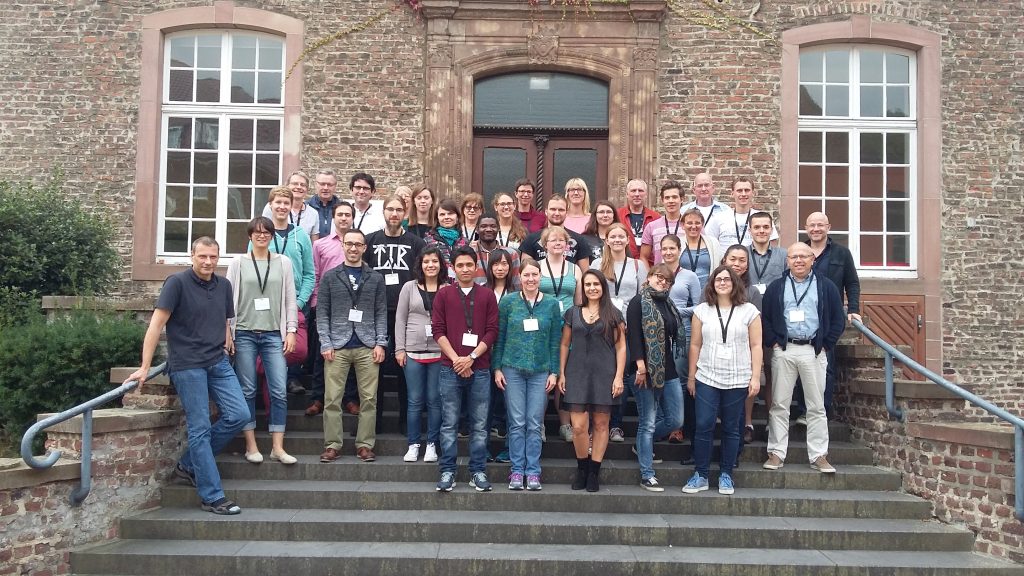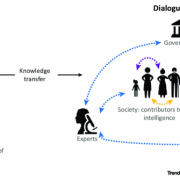iGRAD-Plant, the International Graduate School for Plant Science
Last week I was a guest of the PhD students of the iGRAD-Plant program, based at Heinrich Heine University (HHU), Düsseldorf (Germany). The program is an international joint PhD program with the nearby Research Center Jülich and the Genetics Program of Michigan State University. The program is funded by a grant (coordinated by Professor Andreas Weber) from the DFG (Deutsche Forschungsgemeinschaft) with the broad focus of “The dynamic response of plants to a changing environment”. Along with Professor Steve Huber (University of Illinois) and Natalia Dudareva (Purdue University, and a sabbatical visitor at HHU), I was invited to attend the annual PhD student retreat where I presented a workshop on Career Building and was able to enjoy hearing 21 students giving excellent presentations about their PhD research projects.
This is a strong plant science program that you should be aware of if you are considering pursuing a PhD in plant sciences. It is an “International” program in that there is no restriction on the country of residence of the PhD students. Indeed, I met students from Bangladesh, Benin, Czech Republic, Iran, Italy, Spain, Taiwan, Ukraine and the US as well as Germany (half of the 34 students are from outside Germany). The program is also international in that each student spends six to nine months in Michigan, providing them with another opportunity to extend their network and skills. English is the language of research and instruction.
The iGRAD-Plant faculty currently consists of 15 senior and junior faculty members from the Heinrich Heine University and Research Center Jülich, as well as 20 associated faculty members from Michigan State University. Their research interests include botany, development, evolution, synthetic biology and biochemistry, with a similarly broad range of interests in the MSU faculty. Plant sciences are particularly well represented in the biology faculty at Heinrich Heine University.
Students can enter with a Bachelor’s or Master’s Degree. Those who enter with a Bachelor’s Degree start with an additional year-long qualification period that includes laboratory rotations. Alongside their research project, all students receive continuing instruction in communication, transferrable skills and quantitative methods; for more information see the iGRAD-Plant Handbook.
Düsseldorf is a beautiful area with a mild climate in the state of North Rhine-Westphalia that boasts plenty of cultural events, outdoor escapes and excellent transport links. It is located near Cologne (where some of the staff and students live) and there is a good-natured rivalry between the two cities that ranges from sports to beer.
The program accepts applications at any time, so if you are looking for an excellent PhD program why don’t you go ahead and start the application procedure today! The link for the application form along with other information can be found here.

iGRAD-Plant retreat









